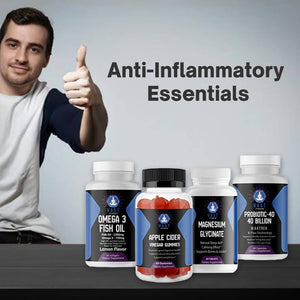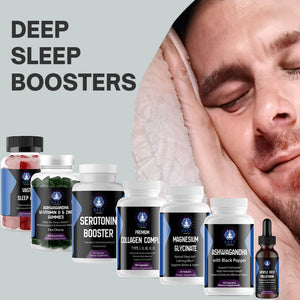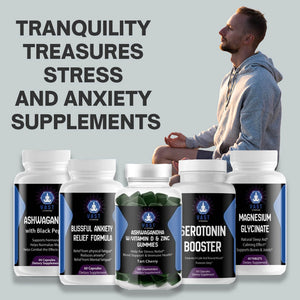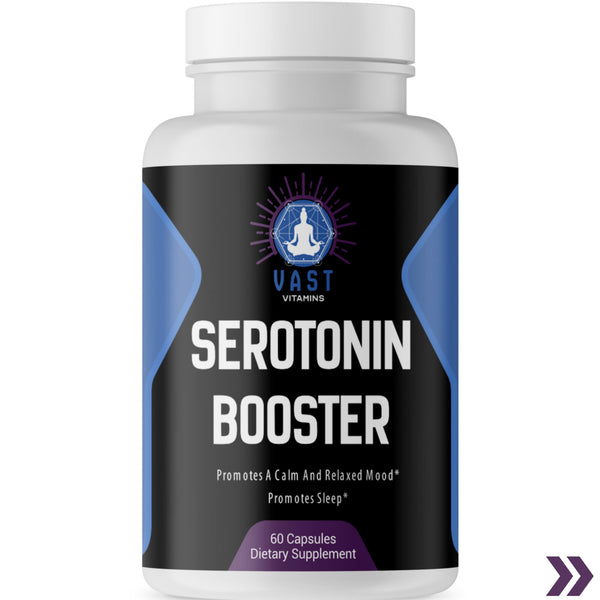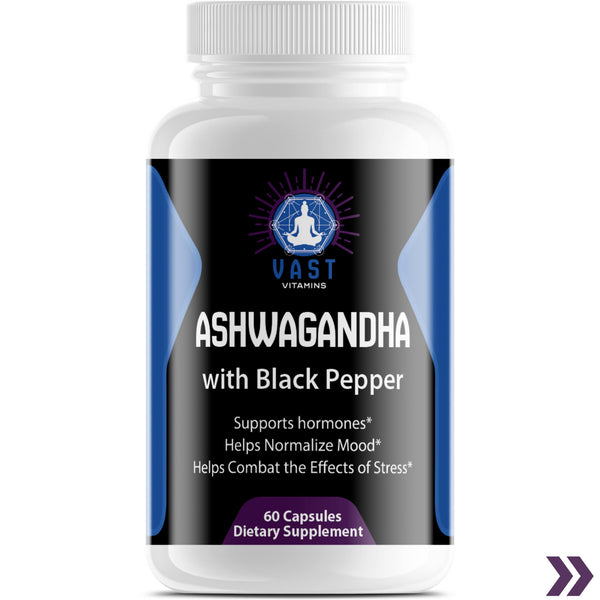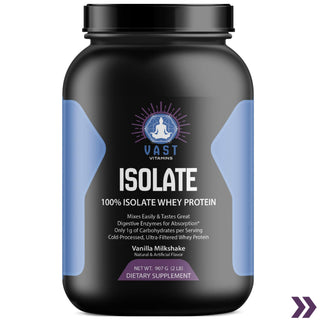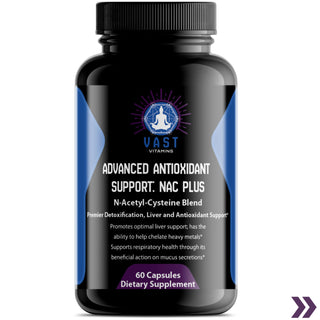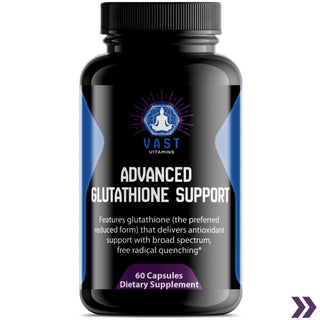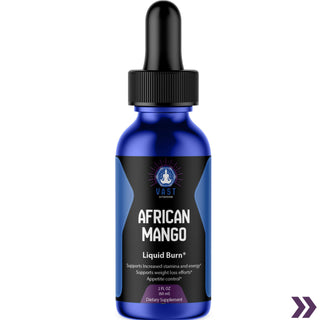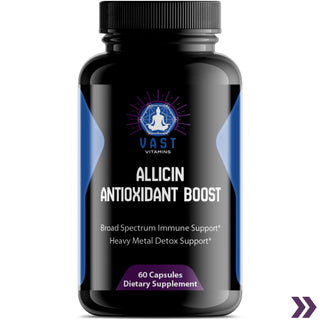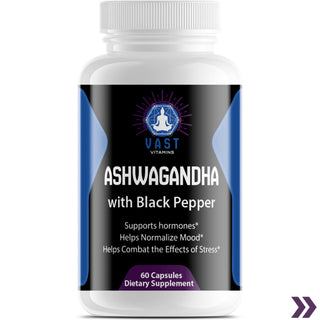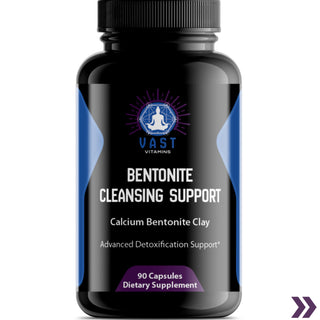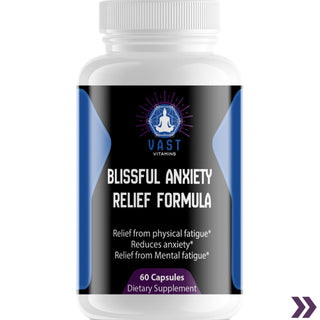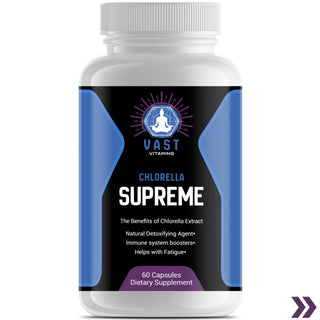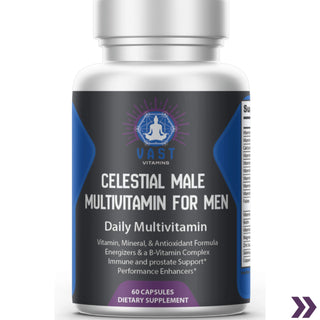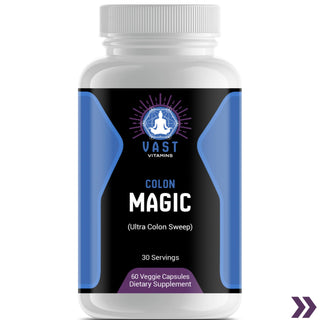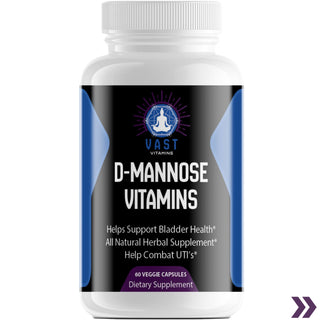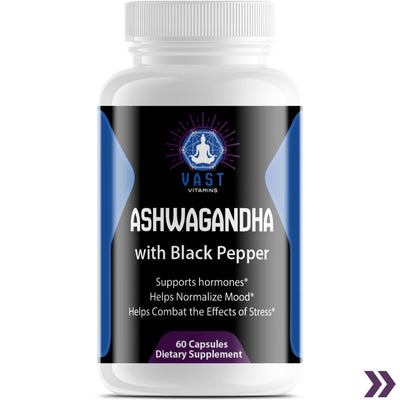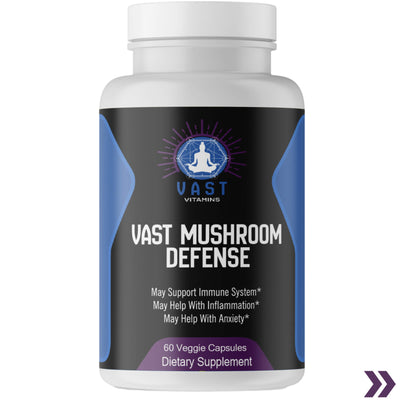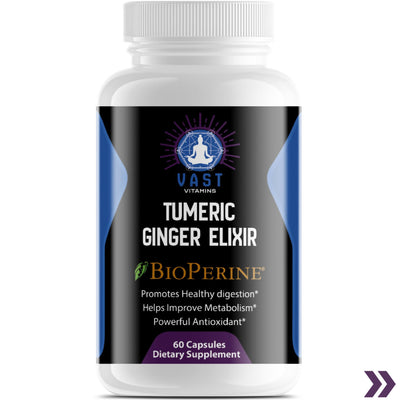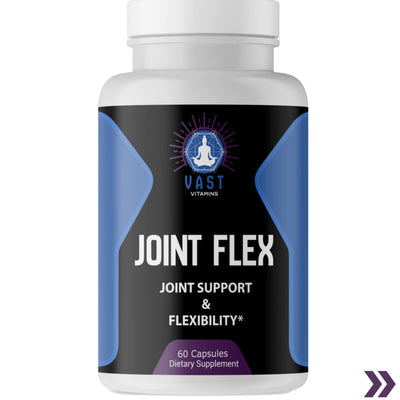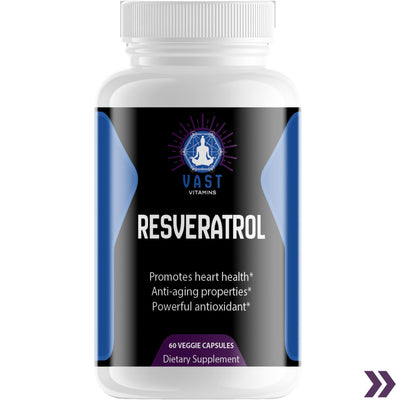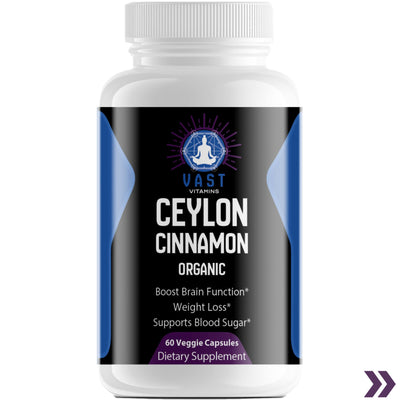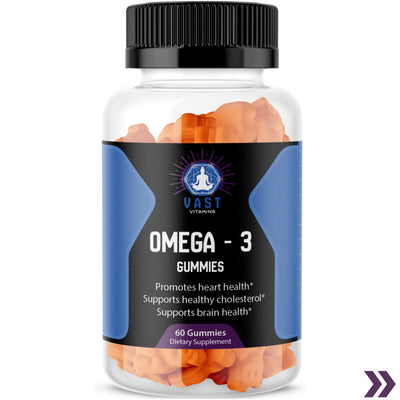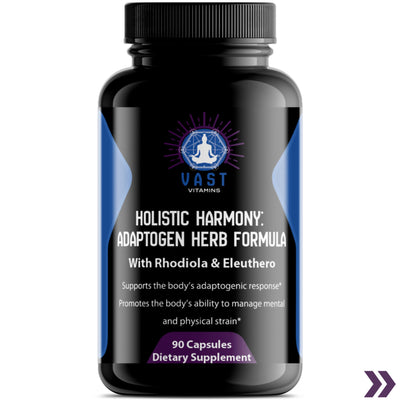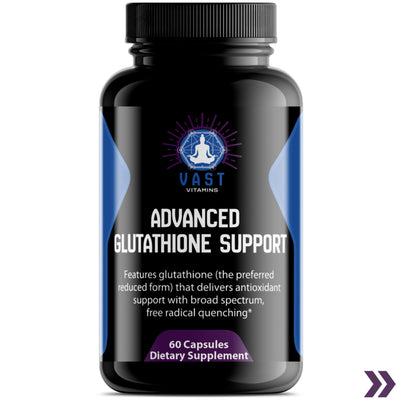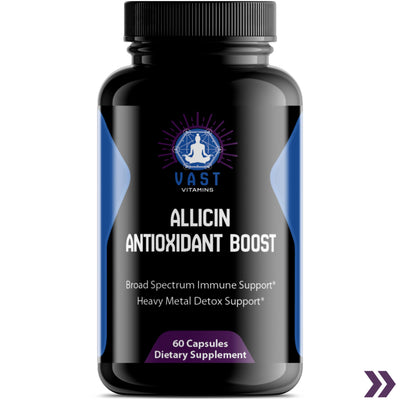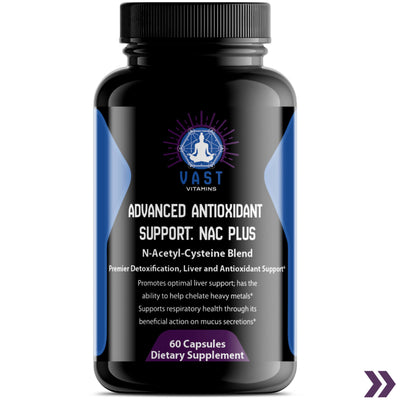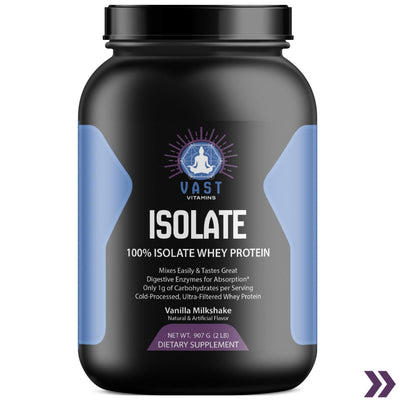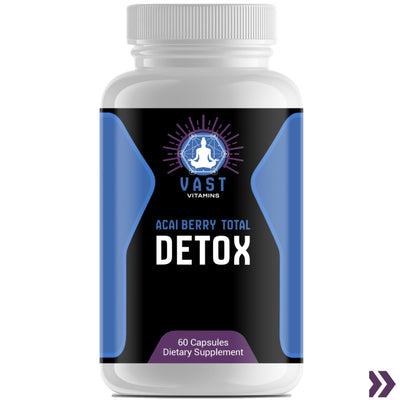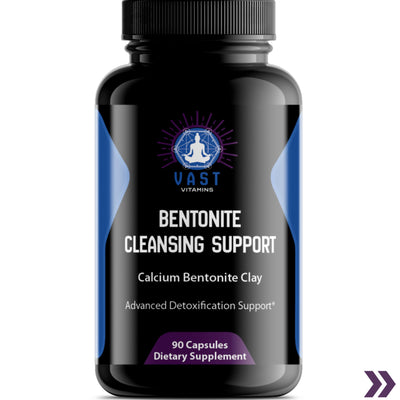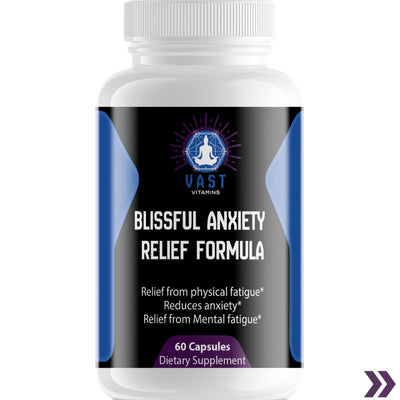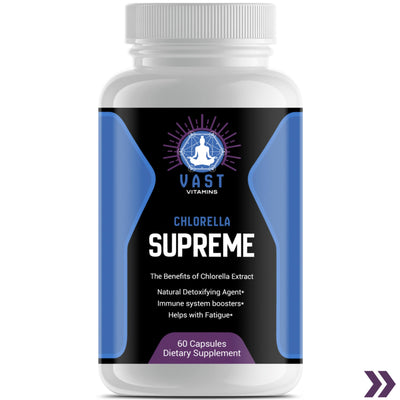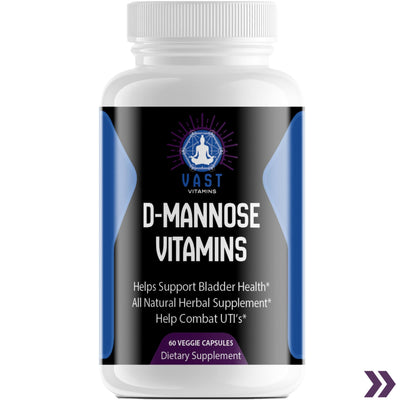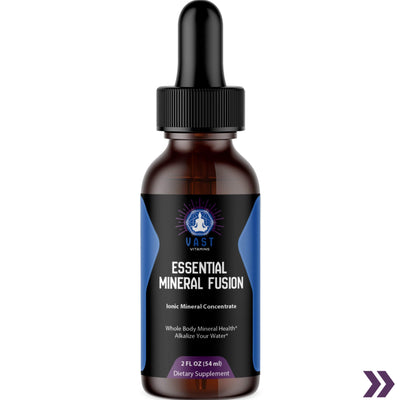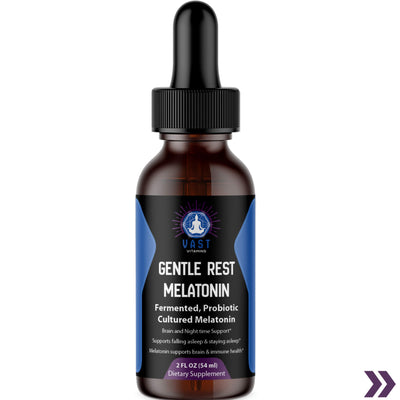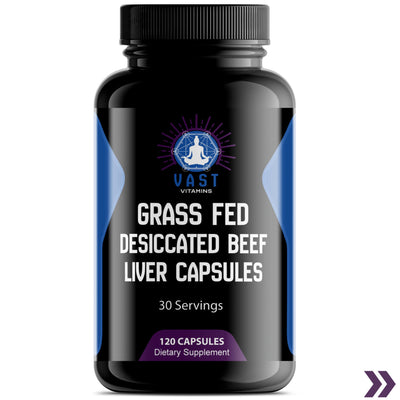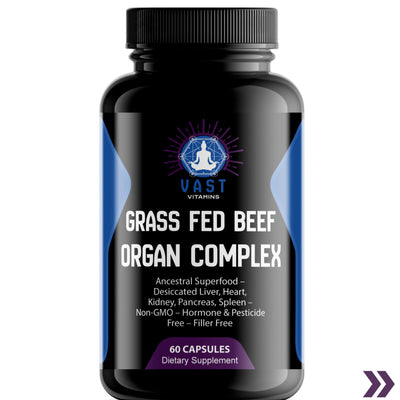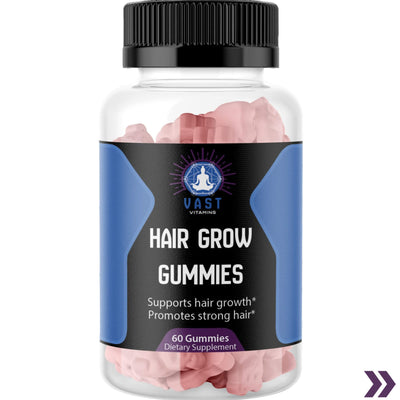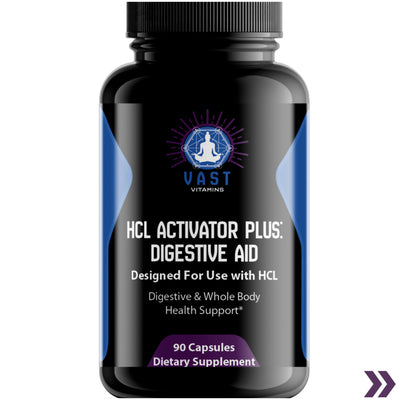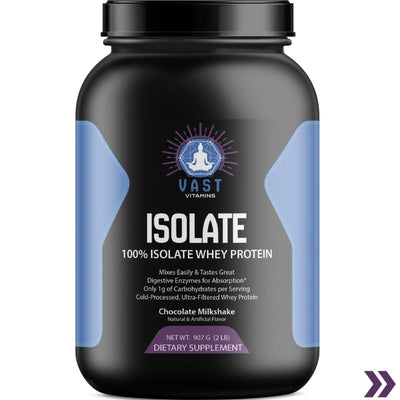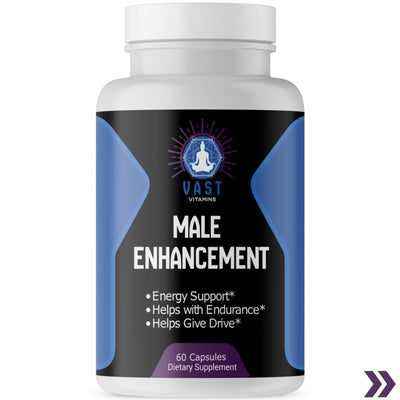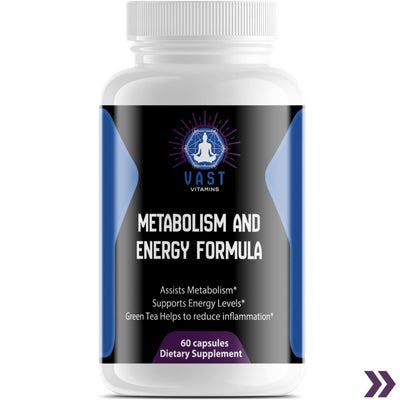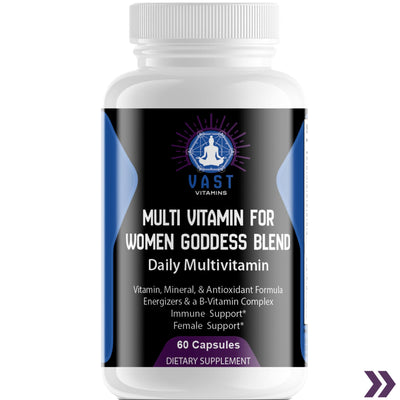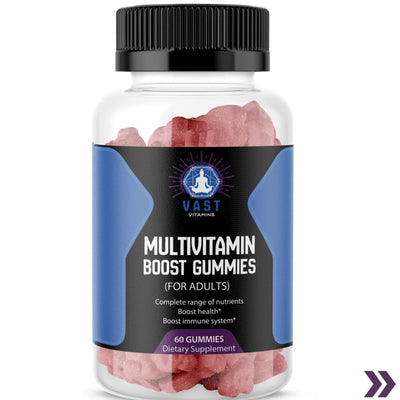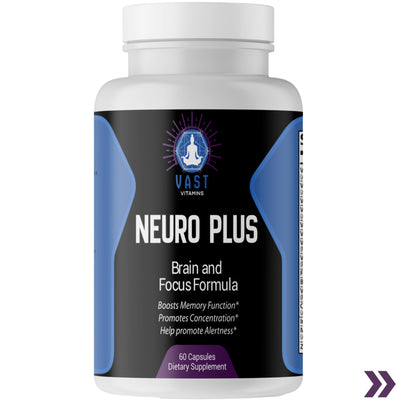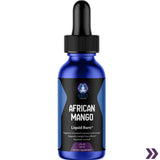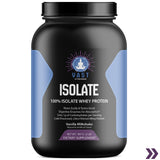
How to naturally stop panic attacks? Anxiety attacks can happen at any time and to anyone. They are usually caused by high levels of stress or anxiety. Unfortunately, most people are not immune to them. The symptoms include feeling faint, shortness of breath, chest pains, sweating, shivering, trembling, shaking and sometimes heart palpitations. The uncomfortable feeling often lasts only a few seconds. While the anxiety attack is happening, you feel as if you're going crazy.
Chamomile
Many common herbs contain natural substances that can help calm the mind. Among these herbs is chamomile, which works by binding to brain receptors that respond to certain drugs. These same receptors are the ones that respond to Valium and Xanax.
Chamomile has been used for hundreds of years as a relaxing herb, although it is part of the ragweed family. Results are promising when compared to placebos. It can also be found in tablets or powder form.
Lavender
Lavender scents have been used for centuries to calm people’s nerves. Research indicates that people who use lavender aromatherapy are calmer than people who don’t.
Another study showed that lavender oil was just as effective as a tranquilizer, without any of the dangerous side effects of the pharmaceutical drug. Lavender is considerably less expensive than pharmaceutical drugs.
Vitamin B12
When the body does not get enough vitamin B12, some claim that people are more susceptible to having panic attacks and depression in general. Vitamin B12 can be taken through our B12 drops.
The best way to take your B12, a vitamin essential to the proper functioning of your nervous system, is by eating B12-rich foods. These include grass-fed beef liver, yogurt, shrimp, venison, eggs, wild salmon, and lamb. Go ahead, dig in!
Valerian
Valerian is a herb that grows in the summertime and is commonly used as a sedative and sleep aid. Today, it is often taken in the form of a dietary supplement. Valerian is often combined with lemon balm or hops to increase the effect of the herb.
Kava Kava
The drink kava kava is made from the roots of a South Pacific plant. It is an extremely calming beverage that can be used to replace alcohol as a treatment for social anxiety. The root is prepared into a drink and contains no mind altering qualities.
Omega-3s
Dietary omega-3 supplements are beneficial for the heart and mental health. It is believed that they can help reduce depression. Omega-3 is also considered a good way to help fight anxiety and panic attacks.
Try Breathing Deeply.
Deep breathing can be helpful when you're having a panic attack. Hyperventilating is a sign of panic, and deep breathing can calm your body down. You might feel more relaxed if you practice deep breathing exercises.
Slow breathing helps people relax and feel more comfortable. When you take deep breaths, you can calm down and help yourself deal with stress or anxiety. You can focus on taking long, deep breaths in and out of your mouth. Feel the air filling your chest and belly as well as your lungs. Then slowly let the air out. Try this technique when you feel anxious, angry, depressed, or confused.
Identify That It's Just A Panic Attack.
By recognizing that you're having an anxiety attack instead of a heart attack, you can remind yourself it's temporary, it'll pass, and you're fine. Take away the fear of imminent doom. This helps you focus on other techniques to lower your anxiety. It's not always possible to avoid triggering factors for a panic attack, however, if you know what triggers them, this can help you better understand that it's a panic attack and not another thing.
Avoid Being Over Stimulated Close Your Eyes.
Panic attacks can be triggered by too much stimulation or too many things happening at once. Closing your eyes helps you relax and focus more on your breathing.

Practicing Mindfulness May Naturally Stop Panic Attacks.
When you feel anxious, mindfulness can help you ground yourself. You can recognize the emotion you're experiencing and meditate to calm down. You can also focus on the physical sensations you're familiar with, like taking a shower or feeling your clothes on your body. This helps you stay grounded in reality.
Mindfulness techniques may help reduce anxiety symptoms, but more research is needed to determine whether these techniques can effectively treat an underlying anxiety disorder or if they work better than traditional treatments.
Find An Object To Focus On.
A person who suffers from a panic attack should pick an object in front of them and describe every detail they can see about it to themselves. This helps calm down the mind and body.
Muscle Relaxation Techniques Work Great To Naturally Stop Panic Attacks.
Muscle relaxation techniques can help control your body's reaction to stress. You'll be taught how to tense your muscles before relaxing them, and then learning how to relax your muscles without tensing them.
You may learn how to relax specific muscles, such as those in your shoulders. Practicing these techniques before an exam or stressful situation will help you stay calm and relaxed. Relaxing your muscles will make you feel more comfortable during daily activities.
Leave Loud Rooms And Find A Peaceful Spot.
When you're having an anxiety attack, it helps to be somewhere peaceful. You may want to leave a loud room or move to a quieter location. Try sitting down in a quiet spot. This will help you calm down and focus on your breathing.
Sights and sounds can often intensify a panic attack. If possible, try to find a more peaceful spot. This could mean leaving a busy room or moving to lean against a nearby wall.

Find A Saying Or Mantra, You Love And Repeat It.
Mantras are words or phrases repeated internally to calm oneself down when faced with stressful situations. This technique works well for people who suffer from anxiety attacks. A mantra can also be used to help someone deal with stress and pressure.
Keep In Mind That Anxiety Attacks Will Pass.
During a panic attack, it helps to remember that these feelings won't last forever and that you'll feel better when they're gone. You might try telling yourself that it's a brief period of concentrated fear and that it will get better soon. Panic attacks usually peak during their initial onset, and then the sensations will start to go away.
You May Naturally Stop Panic Attacks By Staying Active.
People who exercise regularly are less likely to develop anxiety disorders than those who do not. Regular exercise helps people cope with stress and anxiety by diverting attention away from things that make them anxious.
Conclusion On How To Naturally Stop Panic Attacks.
After reviewing all the ways you can try to help your panic attacks go away, it’s time to begin making progress. However, there will not be any immediate improvements. For more info on overcoming anxiety Download, Your copy of our free eBook Overcoming Anxiety.
FAQ How to naturally stop panic attacks.
What is Mindfulness?
Mindfulness involves: focusing your attention on the present recognizing the emotional state you're in meditating to reduce stress and help you relax and Focus on the physical sensations you are familiar with, like Taking a shower or feeling the texture of your shirt on your hands.
What are the benefits of meditation?
Experts say that mindfulness strategies, such as meditation, can help manage anxiety symptoms, although it's not clear if they can treat the underlying anxiety disorder.
What are the benefits of mindfulness-based cognitive therapy?
Trusted Source has suggested that mindfulness-based cognitive therapy could help people with anxiety disorders who are receiving medical treatment but haven't found drug treatment helpful.
What if I'm having a panic attack instead of a heart attack?
By recognizing that you're having a panic attack instead of a heart attack, you can remind yourself that this is temporary, it will pass, and that you're OK.
What Causes a Panic Attack?
Some panic attacks come from triggers that overwhelm you.
What is hyperventilating?
hyperventilating is a symptom of panic attacks that can increase fear, deep breathing can reduce symptoms of panic during an attack.
What are the benefits of deep breathing?
After 20 intensive training sessions, those who practiced deep breathing saw improvements in their attention levels and emotional well-being.
What are the benefits of slow breathing?
They suggested it could improve feelings of relaxation, comfort, and alertness and reduce symptoms of arousal anxiety, depression, anger, and confusion.
What can I do?
If you're able to control your breathing, you're less likely to experience hyperventilating that can make other symptoms and the panic attack itself worse.
What is a count of four?
Breathe in for a count of four, hold for a second, and then breathe out for a count of four:
What is Cognitive-Based Therapy?
CBT aims to help you change the way you see challenging or frightening situations and to help you find new ways to approach these challenges as they arise.
What is Exposure-Based CBT?
In exposure-based CBT, your therapist will expose you to something that can trigger a panic attack and help you work your way through it.
What are the effects of CBT on panic symptoms?
As well as changing behavior, there is some evidence that CBT might affect structures in your brain that are responsible for panic symptoms.
What are the results?
In 2018, some Trusted Source found evidence that people who attended four weekly sessions of exposure-based CBT experienced changes in the neural pathways involved in panic symptoms.
What can I do if a panic attack occurs?
Try acknowledging that this is a brief period of concentrated anxiety and that it will be over soon.
What are the symptoms of panic attacks?
Physical symptoms may include: sweating rapid breathing a racing heartbeat Emotional symptoms may include: intense, repetitive worrying a feeling of impending doom.
How do you breathe?
Try to breathe slowly and deeply, concentrating on each breath.
What Can Smell Do About Anxiety?
A soothing scent can help relieve anxiety by tapping into the senses, helping the person stay grounded, and giving them something to focus on.
How do I use lavender oil?
Try holding the oil under the nose and inhaling gently, or dabbing a little onto a handkerchief to smell.
What can a person do to help ground themselves?
If the person has recurring panic attacks, they can carry a specific familiar object to help ground them.









